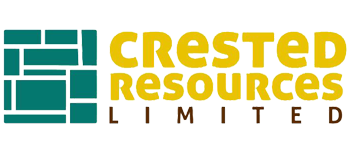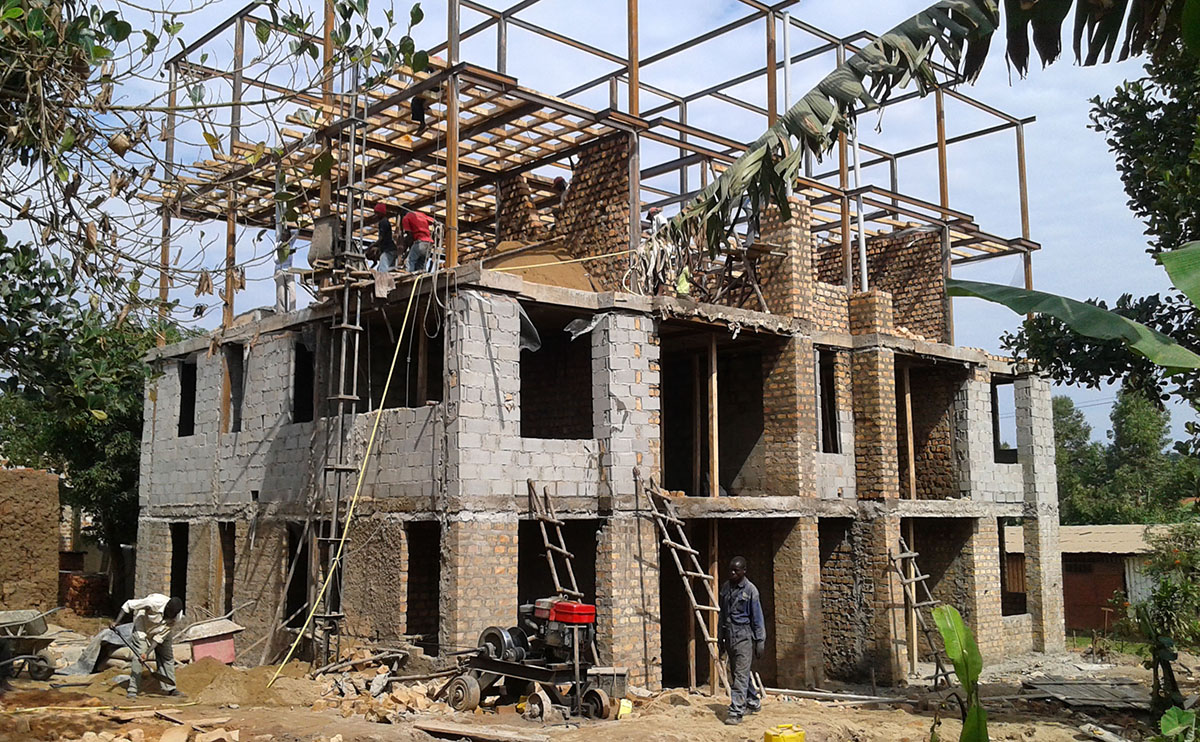In Uganda, as in many other countries, the decision to build or buy a home is a significant one, and it depends on various factors such as budget, location, personal preferences, and long-term goals. For many Ugandans, the dream of homeownership is one of the most important financial milestones to achieve. However, the path to owning a home can take many forms. Should you purchase an already-built property, or should you build your dream home from the ground up? Both options have their advantages and drawbacks.
At Crested Resources Construction Company, we believe that understanding the key factors involved can help you make a more informed decision. Here, we’ll explore the pros and cons of building versus buying a house in Uganda and how you can determine the best course of action for your unique needs.
1. Cost Considerations: Build vs. Buy
Buying a House: When purchasing an existing home, the upfront costs are usually more predictable. The price of a house is determined by factors such as location, size, condition, and the prevailing real estate market trends. In Uganda’s urban centers like Kampala, Entebbe, or Jinja, the real estate market has seen considerable demand in recent years, which has led to rising property prices. Buyers may also incur additional costs for legal fees, taxes, and potential renovations, depending on the age and condition of the house.
While buying can be quicker than building, it’s worth noting that property prices can fluctuate, and a house that seems affordable today may be overpriced tomorrow. The benefit is that you won’t have to wait long to move in.
Building a House: Building a home from scratch gives you the flexibility to customize the design and incorporate personal preferences. However, the cost of building a house can vary significantly based on factors like land prices, construction materials, labor costs, and architectural complexity. In Uganda, building can be more economical than buying, particularly if you have access to affordable land or if you’re willing to take on a gradual build over time.
Construction can be a long process—typically taking anywhere from a few months to a couple of years depending on the scope of the project. The ongoing costs for construction, such as permits, utilities, labor, and materials, must be carefully considered. At Crested Resources Construction Company, we work closely with clients to ensure that budgets are adhered to, and unexpected expenses are minimized.
2. Time Considerations: Build vs. Buy
Buying a House: The biggest advantage of buying a house is the time savings. Once you finalize the transaction and complete any necessary paperwork, you can typically move in within a matter of weeks. If you’re looking to move into a home quickly, buying an existing property is the best option. However, finding the right property at the right price, in the right location, can sometimes take time.
Building a House: Building a home takes much longer. It requires finding a suitable plot of land, obtaining permits, and overseeing the construction process. Depending on the size and scope of the project, it can take months or even years to complete. However, building offers the advantage of tailoring the home to your exact specifications, which can be a rewarding and fulfilling process.
3. Location Flexibility: Build vs. Buy
Buying a House: When buying a home, your options are limited to existing properties that are currently for sale. This could mean you’re forced to compromise on certain aspects such as location, neighborhood amenities, or the design of the home. In Uganda, the most desirable areas—such as downtown Kampala, Kololo, or Naguru—tend to come with high price tags. Additionally, land may not be available in areas you want to live, and zoning restrictions could limit your choices.
Building a House: Building offers much more flexibility when it comes to location. If you have the ability to purchase land in an area you like, you have the option to build a home exactly where you want it. Whether you’re looking to live near the city center or in a more serene, rural area, building provides the chance to choose the perfect location for your needs.
4. Customization and Design: Build vs. Buy
Buying a House: The major limitation of buying a home is that you are restricted to what is already built. While you can renovate or remodel certain areas to better suit your style, you cannot change the fundamental structure or layout without incurring significant costs and effort. This is a consideration if you have a very specific vision for your home.
Building a House: Building allows for full customization. From the number of rooms, layout, and architectural style to finishing touches like flooring, windows, and paint colors, building a home provides the ultimate freedom to create your ideal living space. At Crested Resources, we work with homeowners to bring their unique visions to life, ensuring that every detail reflects their preferences.
5. Future Maintenance and Renovations: Build vs. Buy
Buying a House: An older home may require significant maintenance, especially if it has not been well-maintained by previous owners. This could include repairs to plumbing, electrical systems, roofing, and more. The condition of the property is a key factor to consider when buying an existing house. However, newer homes or properties that have been recently renovated may require little immediate maintenance.
Building a House: Newly built homes typically have fewer maintenance issues, as everything is brand new. When you build a home, you also have more control over the quality of materials and the construction process, which can result in fewer problems down the line. Additionally, with modern building techniques, it’s easier to ensure that your home is energy-efficient and environmentally friendly, which can save you money on utilities in the future.
6. Investment Potential: Build vs. Buy
Buying a House: An existing property can be an immediate source of equity, especially if property values increase over time. However, this depends largely on the local market conditions, which can be volatile. Additionally, depending on the property’s location and condition, the return on investment might not be as high as you would like.
Building a House: When you build, you may benefit from more appreciation in the long term, particularly if you are building in an emerging or rapidly developing area. You may also have the option to increase the value of the property over time by adding additional rooms, improving the landscaping, or upgrading certain features.
Conclusion: Build or Buy?
Ultimately, the decision to build or buy a house in Uganda depends on your specific circumstances, priorities, and resources. If you are looking for immediate occupancy, buying may be the faster route. However, if you are willing to invest time, money, and effort into creating a home tailored to your exact needs, building offers numerous advantages in terms of customization, quality, and long-term investment.
At Crested Resources Construction Company, we are committed to helping our clients navigate the complexities of the construction process, whether you’re building your dream home or simply looking for expert advice. Our team of experienced architects, engineers, and project managers can guide you every step of the way to ensure that your vision becomes a reality.
If you’re considering building a home in Uganda, contact us today to discuss your project. Together, we can create the perfect home for you and your family.

